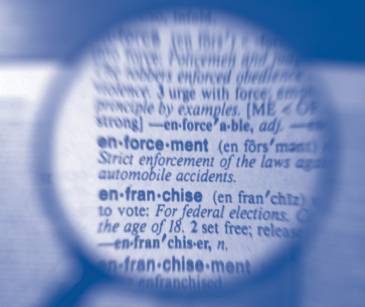
The BC government yesterday released the names of 18 businesses and 155 individuals who have not paid court fines for environmental offences committed between 2004 and 2012. (Full list here). Collectively, these individuals owe $1.54 million that the courts ordered paid to the Province or the Habitat Conservation Trust.
 The news that the names of environmental offenders that don’t pay for their crimes will be published is welcome. We’ve previously called on the Ministry of Environment to disclose this information, both in the Province newspaper (in October) and in Environmental Law Alert.
The news that the names of environmental offenders that don’t pay for their crimes will be published is welcome. We’ve previously called on the Ministry of Environment to disclose this information, both in the Province newspaper (in October) and in Environmental Law Alert.
[P]ublishing the names of people who don’t pay their fines would [not] solve the more fundamental the serious concerns about environmental enforcement in BC, but the reluctance of the government to demand accountability of convicted environmental criminals seems emblematic of a broader reluctance to treat environmental offences seriously. … [T]he Ministry’s excuses [about why this hasn’t happened already] don’t hold water (pun intended), and we’re left without a convincing explanation as to why the names of non-paying offenders haven’t been released.
So congratulations to the province for releasing this data. We agree with Environment Minister Polak that:
It is unacceptable that 60 per cent of environmental court fines have gone unpaid in this province. The individuals and businesses publicly named are well aware that the courts have imposed these fines on them. We are going further than ever before to get those who harm the environment to pay for their actions and hopefully prevent these behaviours in the future.
We’d like to see future releases of data include the dates on which the fine was due (which the Ministry can disclose, but has chosen not to) and information on who has not paid their tickets (the current release only includes court-ordered fines).
Today we’ll celebrate this important development, and tomorrow we’ll return to asking the BC government the difficult questions about why levels of convictions for environmental offences are so low, and what more can be done to create consequences for people who break environmental laws and then don’t pay.
By Andrew Gage, Staff Lawyer